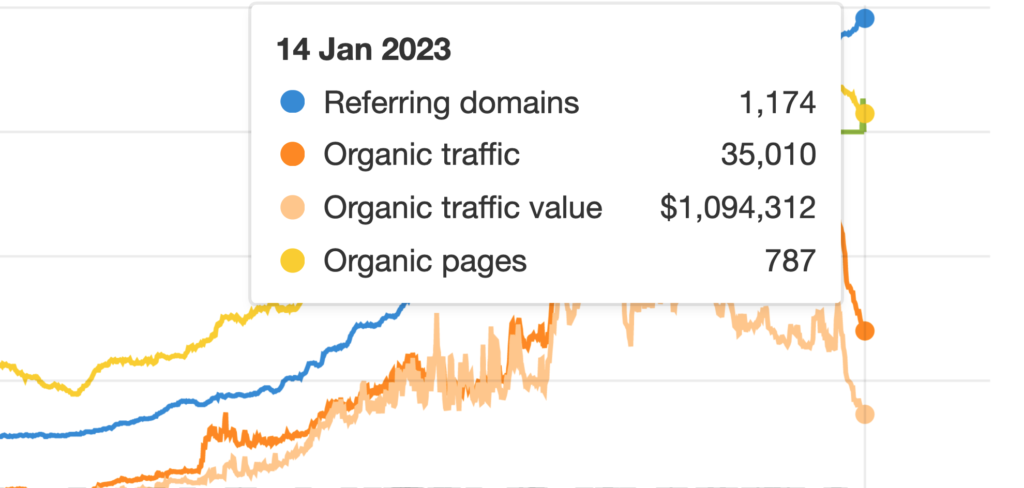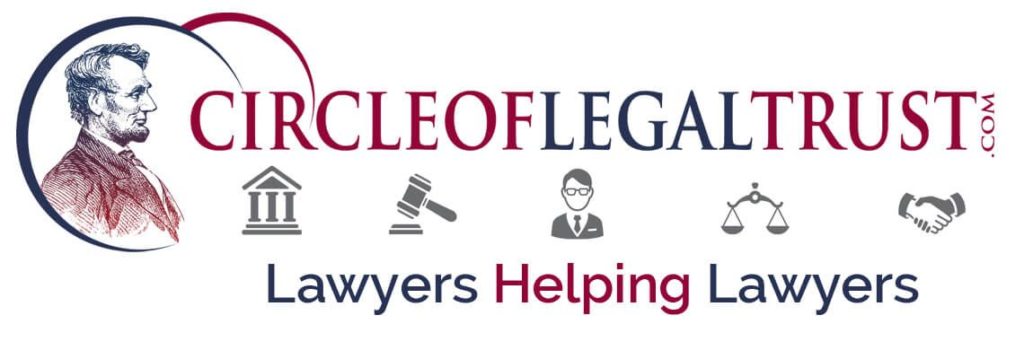Social Media, Social Shares and SEO: The New Game in Town
The SEO game is changing. In fact, it’s changing on a daily basis as Google and other competing search engines attempt to provide the most relevant results. In order to determine and rank the most relevant sources and/or content, Google, Bing and Yahoo can no longer rely on algorithms alone.
The Old SEO Game
SEO previously utilized two factors in ranking a piece of content: relevancy and authority. Relevancy requires the use of the right keywords in headlines, sub-headlines, anchor text and tags to match the terms of persons searching for content. Authority relies on the number and type of sites that link to content via “inbound links.”
However, search engines can no longer rely on these algorithms alone because they incentivize certain keywords without examining the context in which those words are used. Further, the old system enabled SEO entities to “game” the system through black hat methods such as purchasing links.
SEO is changing from being link driven to relying more on social media (SoMe) and social shares. Using content sharing and recommendations (i.e. “+1” on Google’s Plus service or “Likes” on Facebook) engines add an extra layer of authority and relevance valuation that a machine could never perform (or at least not in the foreseeable future).
A recent Lawyerist.com post examined a study of how consumers find their lawyers. The article cited that 21.9% of people used Bing, Yahoo or Google to find their lawyers and discounted social media which only showed 2.1%. The study, funded by the Moses & Rooth law firm, seeks to discount the importance of SoMe in people finding their attorneys. However, the fact that engines are blending SoMe into their search result demonstrates that any conclusions discounting the effectiveness of SoMe are false.
How Search Engines Utilize Social Shares
Search engines have already acknowledged that they integrate these results. Bing said that it looks at how often a link is tweeted and retweeted to determine the relevance and authenticity of the content. Google also uses twitter to measure these factors in “limited situations.” While Bing does not, at the time of writing this article, integrate Facebook results, Google uses a Facebook user’s authority in ranking content for searches.
Google goes a step further in linking authors and content via their AuthorRank system. AuthorRank allows persons to add code to their postings that links the author to the content. By creating this contextual link, Google is able to establish the authority and trustworthiness of the author. There is a much higher likelihood that a piece of content, that contains certain keywords, is relevant by integrating this authority and trustworthiness.
These links are only going to become stronger in the coming years. Facebook’s CEO, Mark Zuckerberg, indicated that he wishes to launch a social media search engine that uses Facebook user activity to rank content. Since search engines are about giving users a “specific set of answers” to a “specific question,” Facebook is uniquely positioned to answer a broad spectrum of questions that consumers may field.
When it comes to technology, it’s important to be forward thinking. One doesn’t need to invest millions of dollars into developing an army of people to work on social media. However, if they see social media more like a special operations unit that focuses on smaller, more complex missions, they may find a large return on their investment. Furthermore, smaller teams are positioned to be flexible and responsive in the face of technology changes. This flexibility enables attorneys to leverage social media to improve their organic search rankings and optimally target the 21.9% of users who find their lawyers through Google, Bing and Yahoo!.
Matthew A. Dolman, Esq., is a St. Petersburg injury attorney with the Dolman Law Group.
The SEO game is changing. In fact, it’s changing on a daily basis as Google and other competing search engines attempt to provide the most relevant results. In order to determine and rank the most relevant sources and/or content, Google, Bing and Yahoo can no longer rely on algorithms alone.
The Old SEO Game
SEO previously utilized two factors in ranking a piece of content: relevancy and authority. Relevancy requires the use of the right keywords in headlines, sub-headlines, anchor text and tags to match the terms of persons searching for content. Authority relies on the number and type of sites that link to content via “inbound links.”
However, search engines can no longer rely on these algorithms alone because they incentivize certain keywords without examining the context in which those words are used. Further, the old system enabled SEO entities to “game” the system through black hat methods such as purchasing links.
SEO is changing from being link driven to relying more on social media (SoMe) and social shares. Using content sharing and recommendations (i.e. “+1” on Google’s Plus service or “Likes” on Facebook) engines add an extra layer of authority and relevance valuation that a machine could never perform (or at least not in the foreseeable future).
A recent Lawyerist.com post examined a study of how consumers find their lawyers. The article cited that 21.9% of people used Bing, Yahoo or Google to find their lawyers and discounted social media which only showed 2.1%. The study, funded by the Moses & Rooth law firm, seeks to discount the importance of SoMe in people finding their attorneys. However, the fact that engines are blending SoMe into their search result demonstrates that any conclusions discounting the effectiveness of SoMe are false.
How Search Engines Utilize Social Shares
Search engines have already acknowledged that they integrate these results. Bing said that it looks at how often a link is tweeted and retweeted to determine the relevance and authenticity of the content. Google also uses twitter to measure these factors in “limited situations.” While Bing does not, at the time of writing this article, integrate Facebook results, Google uses a Facebook user’s authority in ranking content for searches.
Google goes a step further in linking authors and content via their AuthorRank system. AuthorRank allows persons to add code to their postings that links the author to the content. By creating this contextual link, Google is able to establish the authority and trustworthiness of the author. There is a much higher likelihood that a piece of content, that contains certain keywords, is relevant by integrating this authority and trustworthiness.
These links are only going to become stronger in the coming years. Facebook’s CEO, Mark Zuckerberg, indicated that he wishes to launch a social media search engine that uses Facebook user activity to rank content. Since search engines are about giving users a “specific set of answers” to a “specific question,” Facebook is uniquely positioned to answer a broad spectrum of questions that consumers may field.
When it comes to technology, it’s important to be forward thinking. One doesn’t need to invest millions of dollars into developing an army of people to work on social media. However, if they see social media more like a special operations unit that focuses on smaller, more complex missions, they may find a large return on their investment. Furthermore, smaller teams are positioned to be flexible and responsive in the face of technology changes. This flexibility enables attorneys to leverage social media to improve their organic search rankings and optimally target the 21.9% of users who find their lawyers through Google, Bing and Yahoo!.
Matthew A. Dolman, Esq., is a St. Petersburg injury attorney with the Dolman Law Group.


